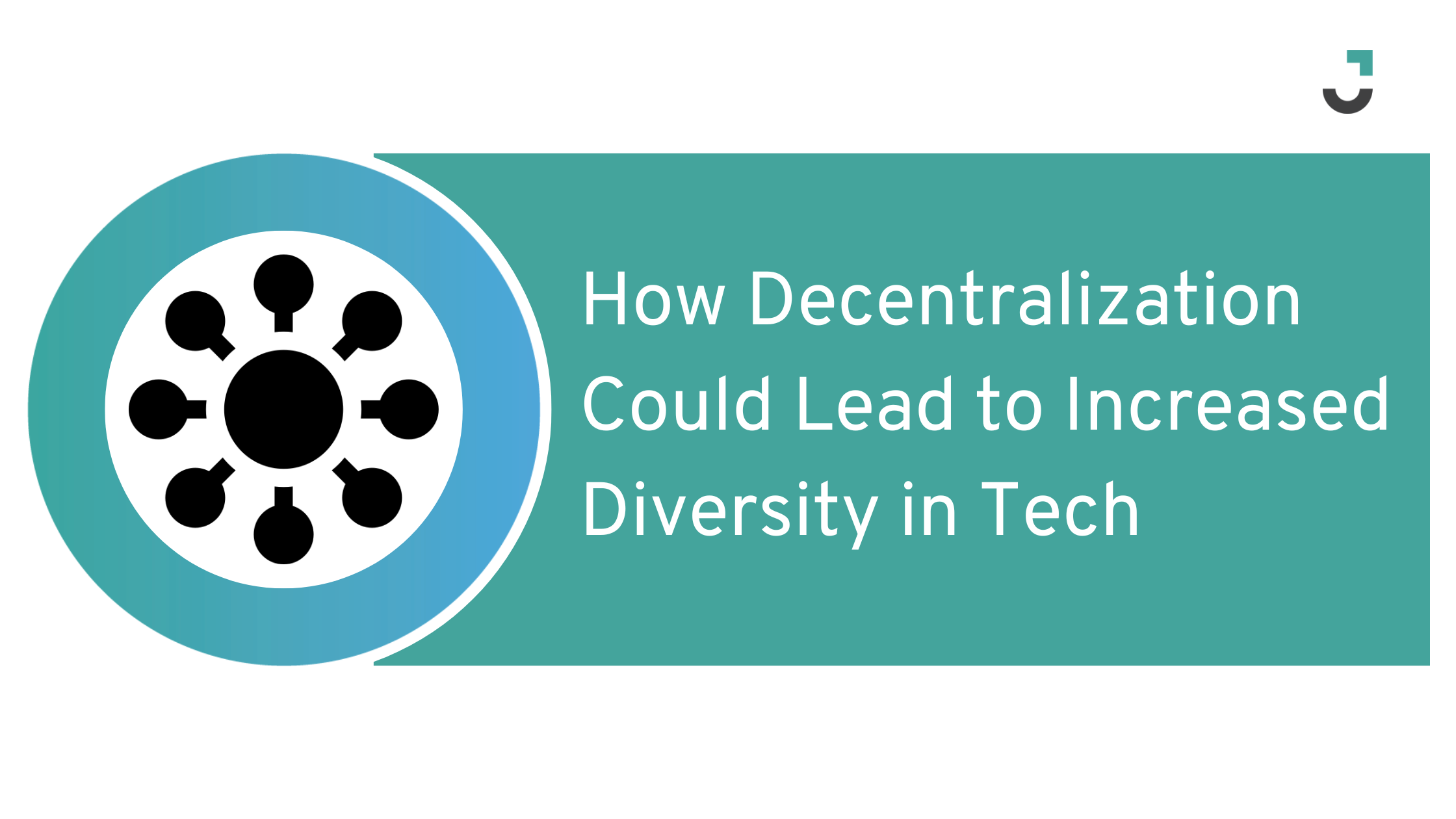The racial reckoning of 2020 has forced nearly every major company and publicly traded entity to address the inequities within them and perpetuated by their activities. While Big Tech has responded with pledges to commit millions of dollars to diversity and inclusion funds and initiatives, it remains to be seen whether this money will have an actual effect on how the companies conduct business.
The social movements of this year, following the incendiary death of George Floyd in May, are coupled with the persistent threat of the coronavirus pandemic, which has devastated the global economy and completely upended the status quo. While many industries have suffered under lockdowns, quarantines, and new public safety measures, the technology industry has avoided much of this economic pressure due to a quick adoption of remote work.
Twitter was the first Big Tech player to offer employees the opportunity to work from home “forever.” Recently, Google announced plans to delay reopening its on-site campus until at least summer 2021. And while this flexibility is certainly a boon to workers and their families fearful of being in closed spaces with large numbers of people, it could give Big Tech a chance to address one of its other glaring issues: a lack of diversity.
What’s Causing the Lack of Diversity?
One of the major reasons for the tech industry’s homogeneity (in which black and brown workers represent less than 10% of the employee populations) is the opportunity clusters that house the lion’s share of tech headquarters.
Silicon Valley (and, by extension, the rest of the San Francisco Bay area) and Seattle host tons of opportunities, many of which are unattainable to most candidates due to the high cost of living. It cost a family of 4 over $12,000 a month to live comfortably in San Francisco in 2018, while the average salary of a black person in the U.S. hovers at around $54,000/year (around $4,500 monthly).
Barring outliers, it’s almost impossible for someone who is not already wealthy to live and work in the Bay Area, limiting the plethora of opportunities there to those who are already wealthy.
This issue disproportionately affects younger workers from lower- and middle-class backgrounds who have the credentials and knowledge but lack the proximity and connections to tech founders and influential workers to even get their feet in the door. This lack of access perpetuates the cycle of underrepresentation, lower salaries and earnings over time, and lower net worth that plagues black and Hispanic workers.
Can Remote Work Solve This Problem?
The pandemic should open the door to correct this issue. It’s already forced companies to decentralize almost overnight. In 2019, only 16% of businesses were fully remote; now, nearly every company has to have at least a partially remote employee plan.
The mass exodus from sprawling campuses and coworking spaces in the face of the pandemic means that employers can no longer use the excuse of a limited geographic candidate pool to find workers. Recruitment drives should now be truly open and, in particular, seek to reach communities where the presence of the companies is less felt.
These companies have the chance to employ an entirely fresh cohort that can offer the same skills coupled with a much-needed broader worldview that would make our ubiquitous devices and apps even more useful than they currently are.
Hiring a remote workforce from economically underprivileged areas, especially in high-paying or high-growth roles, is an opportunity for these companies to break the cycles of disenfranchisement that have led to months of protests.
Tech companies should be focused on bringing new opportunities to areas of the United States that are typically economically and occupationally deprived. More so than any donation, these kinds of changes are necessary to actually break the systemic problems and bring economic reinvigoration to depressed communities across the United States.
Perhaps one of the only silver linings of the very bad, horrible, no good year of 2020 is the fact that it has opened people’s eyes to the ways in which the country is deeply flawed and how those in power can do more to make lasting change. As we’ve been forced to rethink the way we work, play, go to school, shop, and everything else, we should focus on rebuilding a better world for tomorrow.
Original Article Found Here
Original Author: Arran Stewart, Chief Visionary Officer and Co-founder of Job.com
Job.com is a digital recruitment innovator with a unique perspective: Delivering technology and capabilities that shake up the market by bringing together a data-driven approach based in AI and machine learning with high-level, human-capital-delivered solutions, designed to efficiently attract and retain the right talent and provide consumer-level user experiences throughout the hiring process.


